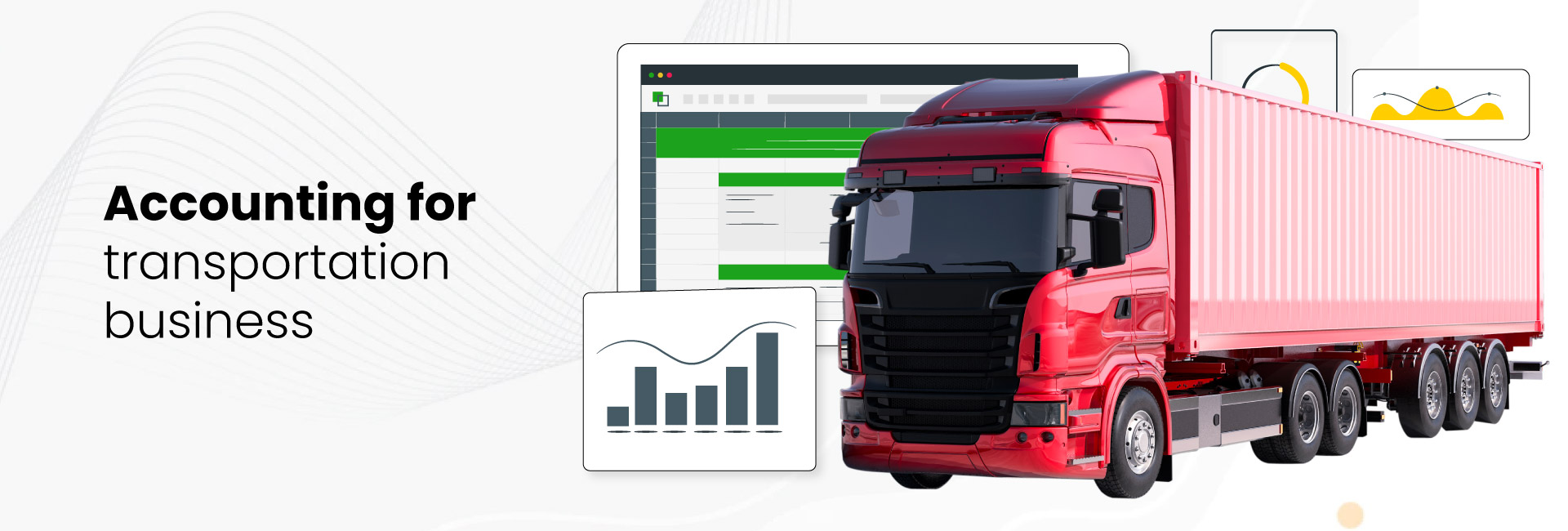-
0 Comments
Navigating Bookkeeping Challenges in the Trucking Industry
The trucking industry serves as the heartbeat of the American economy, keeping businesses moving and ensuring vital goods reach their destinations. However, running a successful trucking business involves grappling with a myriad of financial intricacies. As a result, trucking companies often face significant bookkeeping challenges that can impede their growth and stability. In this blog post section, we explore how leveraging specialized trucking bookkeeping services, understanding the nature of trucking business financial management, and engaging a competent freight company bookkeeper can steer your business toward financial stability and growth.
- Expense Management in Trucking Bookkeeping.
The volatile nature of fuel costs presents a significant bookkeeping challenge. Trucking accounting services must adapt swiftly to these fluctuations, ensuring that fuel expenses are accurately recorded and analyzed. This not only helps in managing current expenses but also in forecasting future costs, enabling more informed financial planning. Effective expense management also plays a crucial role in maintaining profitability. This includes not just tracking direct costs like fuel and maintenance, but also managing overheads and indirect expenses. Specialized trucking bookkeeping services employ industry-specific benchmarks and analysis tools to identify areas for cost reduction and efficiency improvements.
2. Optimizing Invoicing and Receivables Management in Trucking Operations.
Invoicing and receivables management in the trucking industry require a detailed understanding of the billing cycles and contract terms specific to freight services. A freight company bookkeeper with industry expertise can efficiently manage these aspects, reducing delays in payments and enhancing cash flow. This specialized focus ensures that financial records accurately reflect the business’s operational reality, aiding in strategic decision-making.
3. Navigating Regulatory Compliance and Tax Obligations in Trucking Finance.
Another critical area is compliance with regulations and tax laws, which can be intricate and ever-changing. Trucking firm financial reporting must be thorough and up-to-date to avoid penalties and maximize tax advantages. This underscores the importance of having access to trucking accounting services that stay abreast of regulatory changes and understand their implications for your business.
4. Strategic Financial Planning for Trucking Business Growth
The strategic planning of investments and growth initiatives requires a comprehensive view of the firm’s financial health. Trucking business financial management services offer insights into profitability analysis, budgeting, and financial forecasting, guiding business owners in making informed decisions about expansion and investments. ………………………………………………………………………………………………….
Conclusion
In conclusion, navigating the bookkeeping challenges of the trucking industry requires a specialized approach that understands the unique financial landscape of freight and logistics. By partnering with experienced trucking bookkeeping and accounting professionals, trucking businesses can achieve financial clarity, compliance, and strategic growth, ensuring they remain on the road to success.

